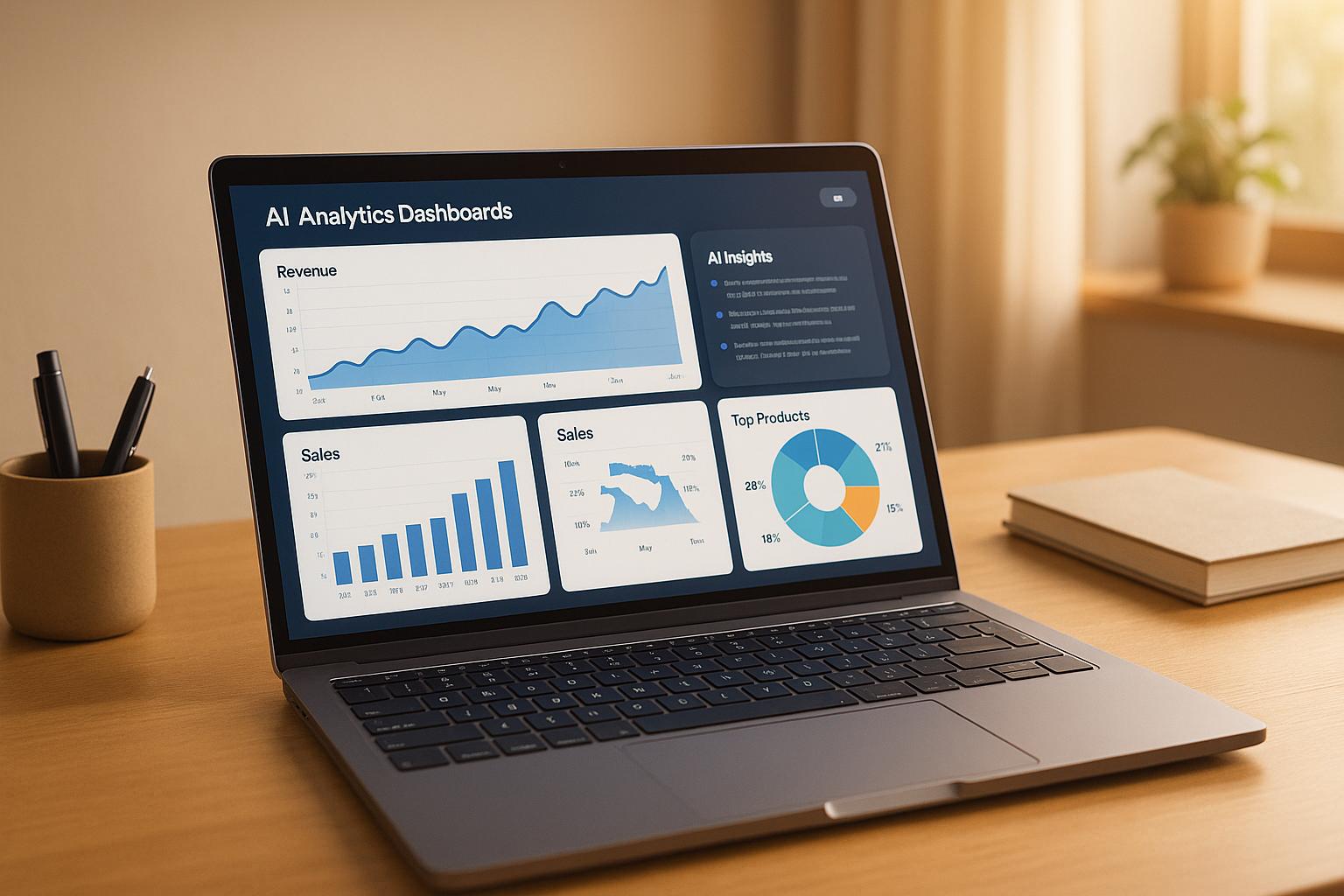
AI Agents Understanding the Backbone of Modern AI
.avif)
1. Introduction
Imagine an AI agent that not only follows commands but can make decisions, perform tasks, and autonomously adapt—almost like a digital co-worker. That’s exactly what AI agents do!
With the rise of advanced AI, businesses are increasingly looking to use AI agents to automate workflows, enhance customer experience, and tackle complex tasks. Whether it’s a generative AI chatbot, an autonomous agent in robotics, or an intelligent agent that improves efficiency, AI is reshaping industries.
This guide will help you understand:
✅ What AI agents are and how AI agents work
✅ Types of AI agents and their internal model of the world
✅ How developers deploy AI models to create agentic AI
✅ Real-world examples of AI agents performing tasks autonomously
✅ The future of AI-powered automation
Let’s dive in! 🚀
2. What Are AI Agents?
An AI agent is a system that can perceive its environment, use AI models, process information, and autonomously take action to achieve specific goals.
Unlike traditional software, AI agents are autonomous—they can function without human intervention, continuously improving based on new data.
How AI Agents Work
Every intelligent agent follows a perception-action cycle:
🔹 Perceive – Gathers data using sensors, cameras, or natural language processing.
🔹 Reason – Uses an internal model of the world to analyze data.
🔹 Decide – Selects an action to perform tasks based on learned patterns.
🔹 Act – Executes the decision, often without human input.
💡 Example: A human agent (like a customer service rep) handles support tickets manually, while an AI-powered autonomous agent can use AI to automate responses, improving response times and efficiency.
3. Types of AI Agents
AI agents are categorized based on their capabilities and intelligence. Here are the main types of AI agents:
1️⃣ Simple Reflex Agents
- React based on predefined rules (If X happens, do Y).
- Example: Spam filters blocking unwanted emails.
- Limitation: No memory or internal model of the world.
2️⃣ Model-Based Reflex Agents
- Use an internal model to remember past events and make decisions accordingly.
- Example: Smart thermostats adjusting temperatures based on previous patterns.
- Limitation: Limited reasoning abilities.
3️⃣ Goal-Based Agents
- Work toward specific goals rather than just reacting to stimuli.
- Example: Self-driving cars analyzing road conditions to reach a destination safely.
- Advantage: More advanced decision-making capabilities.
4️⃣ Utility-Based Agents
- Weigh multiple factors to choose the best possible customer experience or operational outcome.
- Example: AI-powered recommendation engines (Netflix, Spotify).
- Advantage: Can perform complex tasks that require decision-making.
5️⃣ Learning Agents
- Use machine learning and large language models to improve over time.
- Example: AI chatbots like ChatGPT that refine responses based on conversations.
- Advantage: Self-improving and adaptable.
🔍 Which type is most powerful?
The learning agent is the most agentic AI—it evolves and performs tasks autonomously, making it the closest thing to human-like intelligence.
4. Knowledge-Based Agents in AI
A Knowledge-Based AI Agent relies on stored knowledge and AI models to make decisions.
These agents:
✔ Store information in a knowledge base
✔ Use reasoning to analyze specific goals
✔ Learn from human input to refine their performance
Examples of Knowledge-Based AI Agents
✅ Healthcare AI: AI diagnosing diseases using large language models trained on medical data.
✅ Legal AI Assistants: Use AI agents to automate contract analysis.
✅ AI Research Tools: AI-powered autonomous agents assisting scientists in data analysis.
💡 Analogy: Think of a Knowledge-Based AI Agent as a virtual expert that never forgets anything.
5. AI Agents Examples in Real Life
AI agents are reshaping industries worldwide. Here are some real-world AI agents examples:
🚑 Healthcare: AI diagnosing diseases without human intervention.
💰 Finance: AI performing complex tasks autonomously in stock trading.
📞 Customer Support: AI chatbots automating workflows and improving response time.
🎮 Gaming: AI-powered NPCs adapting to players’ behavior in real-time.
🚗 Autonomous Vehicles: AI agents are autonomous in self-driving cars like Tesla’s Autopilot.
🔐 Cybersecurity: AI detecting and preventing cyber threats autonomously.
6. How AI Agents Work
To function effectively, AI agents follow four key steps:
1️⃣ Perception – Uses sensors, natural language processing, and vision models to collect data. (Example: Self-driving cars detecting road signs.)
2️⃣ Reasoning – Processes inputs using an internal model of the world. (Example: AI deciding the best chess move.)
3️⃣ Learning – AI models improve over time based on data. (Example: AI learning from user feedback.)
4️⃣ Action – Deploy AI agents to execute tasks without human input. (Example: AI robots sorting packages in warehouses.)
🔍 Tech behind AI Agents:
- Machine Learning (ML) – Allows AI agents to perform tasks autonomously.
- Deep Learning – Powers advanced AI models for decision-making.
- Reinforcement Learning – Helps AI refine its strategies over time.
7. The Future of AI Agents
AI agents are evolving rapidly, transforming businesses and automation.
🤖 Agentic AI will optimize workflows and improve decision-making.
🌍 Autonomous agents in smart cities will reduce traffic congestion and energy waste.
🚀 Generative AI agents will revolutionize customer experience by personalizing interactions.
⚖ Ethical AI concerns – How do we ensure AI makes unbiased decisions?
💡 Key Question: Will AI agents replace jobs or create new ones?
Answer: AI automates repetitive tasks but also creates new opportunities for developers, data scientists, and AI specialists.
8. Conclusion
AI agents are at the forefront of automation and AI-driven decision-making.
✔ They autonomously perform tasks, automate workflows, and enhance customer experience.
✔ AI agents are becoming more agentic, making decisions with minimal human input.
✔ Businesses that deploy AI agents will gain a competitive edge in efficiency and scalability.
🚀 What’s Next?
How can AI agents improve your industry? Use AI agents today and stay ahead of the curve!
Turbocharge your team with BrainChat AI
Teams using BrainChat report a 40% boost in task completion speed. Imagine what your team could achieve.
%20(1).png)



